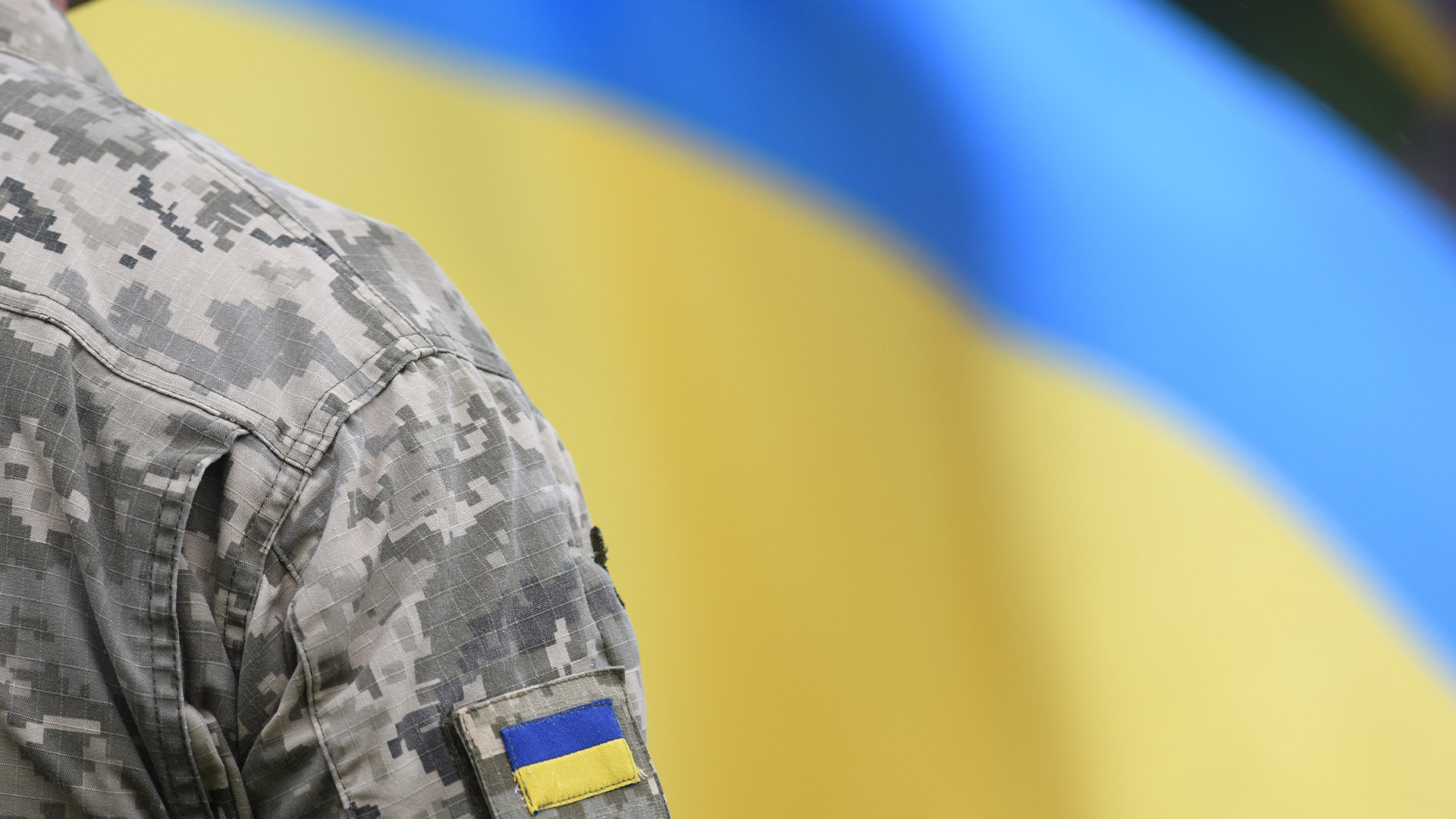You are viewing your 1 free article this month. Login to read more articles.
A publisher at war
How is small, young, Kyiv-based publisher Vikhola coping with the harsh realities of Russia’s war in Ukraine?
When the full-scale war in Ukraine began, it seemed likely that people would want to read only about the war to the exclusion of everything else. But for the Ukrainian publishing house Vikhola the reality turned out to be the opposite. "We published several books about the war, for example, the psychology book Mood Swings of War and a compilation of short stories about wartime," says co-founder Ilona Zamotsna. "But at the end of the year they are not in the top list. It was unexpected. Perhaps, when choosing what to read, people focus more on moral recovery, rather than plunging further into the war. They already see the war around them every day. Of course, there is a group of people who are interested in such types of literature but the proportion is rather small."
Vikhola is a small, young publishing house that was established during the Covid-19 pandemic. The publisher says that it planned to grow 100%–200% in 2022 . But because of the war this did not happen. "We did not collapse but we had planned to publish twice as many books," says Zamotsna.
Deliveries started again a month after Russia invaded on 24th February but they were weekly rather than daily as had happened before the war started. Where there were no hostilities on the ground readers were still asking: "When will my book be delivered?" It seemed that yes, there was a war on, but customers still wanted their book orders met.
"Until April, we wondered whether to publish new projects or not. The publishing house was frozen for some time. In May, Ukrainians returned," says Zamotsna. During this vacuum period, the publishing house sold electronic and audiobooks. The share of e-books grew from 5% in 2021 to 12% in 2022. In March-April 2022, this amount was record-breaking—up 50%. "This supported us a lot. This jump was due to Ukrainians abroad who were forced to leave the country and international shipping was expensive and [slow]."
With the war, interest in everything Ukraine-related increased. People wanted to know the history of their country and that translated into book sales. For example, Vikhola published Ukrainian literary critic Vira Ageeva’s Behind the Scenes of the Empire, a history of Ukrainian-Russian literary relations, in September 2021, but it only became a bestseller after the war started.
It seemed that yes, there was a war on, but customers still wanted their book orders met
One risky but surprisingly rewarding project, according to Zamotsna, was republishing Ukrainian classics. "It is obvious that there is inflation in the country, the solvency of the population is decreasing [and] Ukrainian classics are available to download for free on the Internet. With this model we do not publish something new, we do not discover anything. We are aware that the book may not sell well. But it was a surprise for us that a classic book of the 1920s by Mykola Khvylovyi, which we published 1,500 copies of during the war, was sold out in a month."
But interest from foreign audiences is not as high as it promised to be. "We sold the publishing rights to the book by Vira Ageeva to the UK and Poland. There is interest in one more of our books—that is all. The interest of foreigners is mediocre. Perhaps this is due to the fact that our books have a strong Ukrainian context, which is difficult to immediately understand."
The question inevitably arises about the challenges ahead in 2023. An important issue for the publishing team is how many books to put out. "Financially it is risky because we do not know whether people will have the opportunity and moral strength to read all the books that we are ready to publish, how the printing houses and bookshops will work, if they can print and distribute books." Another problem is blackouts. The publisher says that there has been no light in its warehouse for three days and it cannot ship ordered books. The warehouse is on the fourth floor of the building and the freight elevator does not work. Printing houses are struggling with conditions and cannot print books in time. A print order used to take a month to fill, now it takes much longer.
But despite all the challenges, the mood of the Vikhola team remains combative. "We will survive everything," the publisher concludes. One way or another, the book market and publishing processes in Ukraine are adjusting to new realities and the planning of new books powers on.

















